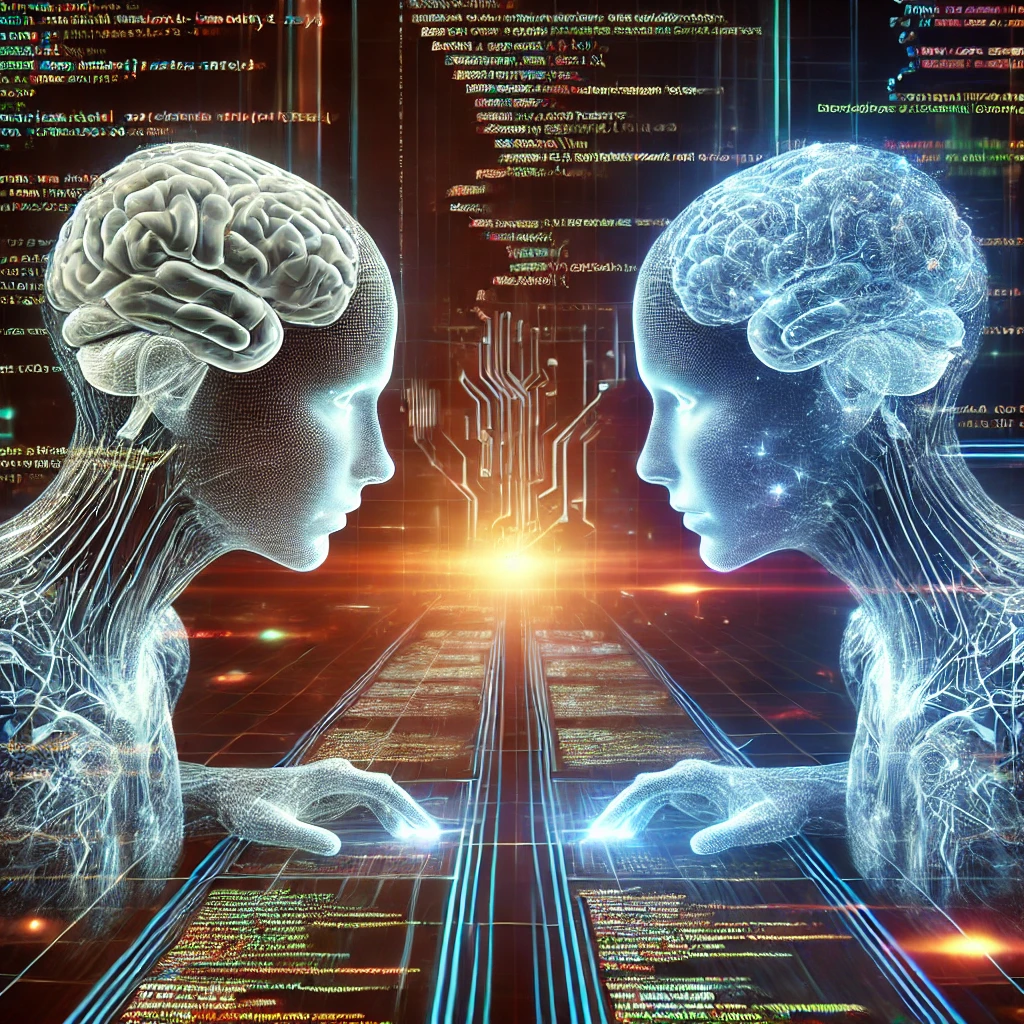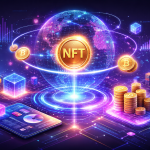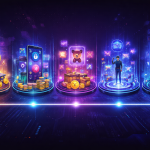AI
OpenAI And Anthropic: The Battle For AI Supremacy In Software Development

Introduction
As the artificial intelligence (AI) industry rapidly evolves, two titans—OpenAI and Anthropic—have emerged as leaders in the race to develop groundbreaking AI technologies. With both companies pushing the boundaries of AI’s capabilities, the competition has intensified, particularly in the area of AI-driven software development. OpenAI has recently doubled down on its efforts to enhance its AI models that can autonomously write software, setting the stage for a fierce rivalry with Anthropic, which is developing increasingly sophisticated AI systems to tackle complex tasks.
This article delves into the ongoing competition between OpenAI and Anthropic, highlighting the strategic moves each company is making, the significance of AI in software development, and the broader implications for the future of AI.
The Rise Of AI In Software Development
Artificial intelligence has made significant strides in recent years, especially in automating tasks that were once considered to require human intuition and creativity. One of the most transformative areas of AI application is in software development. AI models that can write and optimize code autonomously offer the potential to revolutionize industries by drastically reducing the time and effort needed to create complex software solutions.
OpenAI, known for its groundbreaking GPT series, has been at the forefront of this innovation. Their latest focus is on enhancing AI’s ability to write software efficiently, aiming to reduce the need for human intervention in coding processes. This move comes as Anthropic, a rapidly growing AI company founded by former OpenAI researchers, has made strides in developing AI agents capable of managing increasingly complex tasks, including those that traditionally require human oversight.
OpenAI’s Strategic Focus: AI Writing Software
OpenAI’s decision to prioritize AI-driven software development is not without reason. The potential for AI to autonomously create and optimize code has enormous implications for industries ranging from tech and finance to healthcare and logistics. By refining their AI models to write software, OpenAI aims to simplify and accelerate the development process, making it possible to create software solutions more efficiently and at a lower cost.
At the heart of OpenAI’s strategy is its ability to scale AI solutions across a wide range of applications. By automating coding tasks, OpenAI’s models could dramatically reduce the time and effort required to bring new products to market. In addition, the AI’s capacity to analyze vast datasets, identify patterns, and propose improvements in real-time makes it an invaluable tool for software developers looking to streamline their workflows.
Furthermore, OpenAI’s AI systems are being designed to handle increasingly sophisticated tasks, such as debugging, performance optimization, and even suggesting architectural changes in software systems. This represents a leap forward in AI capabilities, moving from simple code generation to full-cycle software development.
Anthropic’s Response: Tackling Complex Tasks
As OpenAI refines its AI software development tools, Anthropic is not sitting idle. The company has been developing AI agents that can manage complex, multi-step tasks, positioning itself as a leader in task-oriented AI. Anthropic’s AI models are designed to autonomously navigate intricate problem-solving scenarios, which could include anything from complex data analysis to software design.
One of the critical differentiators between Anthropic and OpenAI is their respective approaches to AI alignment and safety. While OpenAI has focused on creating general-purpose AI that can be adapted across industries, Anthropic’s research emphasizes ensuring that AI systems remain aligned with human values and operate safely even in complex, high-stakes environments.
Anthropic’s latest AI models are particularly adept at handling tasks that require advanced decision-making, such as managing complex systems or optimizing workflows across multiple variables. This places the company in direct competition with OpenAI, especially in industries where automation is becoming increasingly essential.
The Competitive Landscape: OpenAI Vs. Anthropic
The competition between OpenAI and Anthropic is emblematic of the broader rivalry within the AI industry. As the technology matures, companies are racing to create the most powerful, adaptable, and safe AI systems. For OpenAI, the focus on AI that writes software is part of a broader strategy to dominate the AI space by offering solutions that can be deployed across industries, from tech startups to large enterprises.
Anthropic, on the other hand, is positioning itself as a leader in AI safety and task-oriented automation. By focusing on AI systems that can handle complex, multi-step tasks while maintaining alignment with human values, Anthropic is appealing to industries that require high levels of trust and safety in their AI systems, such as healthcare, finance, and autonomous systems.
Both companies are pushing the boundaries of what AI can achieve, but their approaches differ in key ways. OpenAI’s general-purpose AI aims to democratize access to advanced technologies, enabling widespread adoption across industries. Anthropic’s more cautious approach seeks to ensure that AI systems remain safe and aligned with human interests, even as they take on more complex responsibilities.
The Future Of AI-Driven Software Development
As OpenAI and Anthropic continue to innovate, the implications for the future of software development are profound. AI systems capable of autonomously writing and optimizing software could reshape industries, reduce costs, and increase efficiency. Developers may increasingly rely on AI to handle routine coding tasks, allowing them to focus on more creative and strategic aspects of software design.
Moreover, the competition between OpenAI and Anthropic is likely to accelerate the pace of innovation in AI development. As both companies push to create more advanced AI systems, the capabilities of these technologies will continue to grow, making AI an indispensable tool in the modern workplace.
In the long term, AI-driven software development could lead to the creation of entirely new industries and job roles, as companies adapt to the new reality of AI-powered automation. However, this transformation will also raise important ethical and safety concerns, particularly as AI systems become more autonomous and take on greater responsibility.
Conclusion
The competition between OpenAI and Anthropic represents a pivotal moment in the development of artificial intelligence. As both companies strive to create AI systems capable of writing software and managing complex tasks, the future of automation and AI-driven innovation hangs in the balance.
OpenAI’s focus on refining its AI models to autonomously write and optimize software marks a significant step forward in the quest for AI supremacy. Meanwhile, Anthropic’s emphasis on AI safety and task complexity highlights the growing importance of ensuring that AI systems remain aligned with human values as they become more powerful. As these two companies continue to innovate, the world watches closely, anticipating the next breakthrough that will reshape the landscape of AI and software development.











